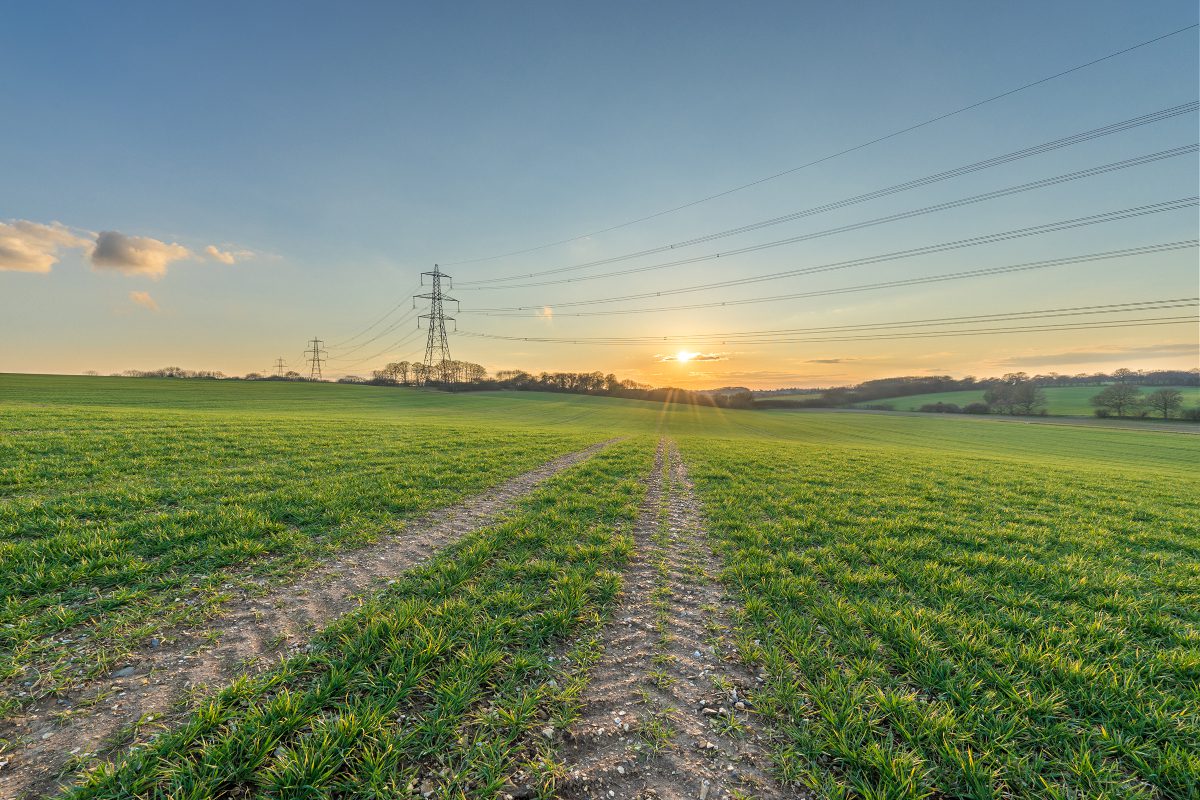
Advice from the newly-formed National Energy System Operator (NESO) has concluded that clean power “is a huge challenge but is achievable” for the UK by 2030.
The nationalised energy system operator – formed on 1 October following the buyout of National Grid – says its new report provides comprehensive and independent analysis of how to achieve this goal.
It was commissioned by the Secretary of State for Energy Security and Net Zero, as part of the Government’s mission to make Britain a clean energy superpower.
The analysis seems to show that overall systems costs should not increase for a clean power system, and it provides a breakdown of the proposed energy mix.
“Offshore wind must be the bedrock of that system, providing over half of Great Britain’s generation, with onshore wind and solar providing another 29%,” says the Exective Summary. “New dispatchable low carbon technologies, such as using carbon capture and storage (CCS) or hydrogen, add significant value to the system, with even relatively small levels of operational capacity materially reducing the overall challenge for the rest of the program.”
Significant investment is needed, but with it Britain could become a world leader in first-of-a-kind technologies.
Success in this undertaking would increase the amount of domestic energy production and significantly reduce Britain’s exposure to potential energy price shocks from spikes in international gas prices.
The analysis seems to show that clean sources can produce at least as much power as Britain consumes in total in 2030.
Delivering clean power by 2030 requires swift action from industry, regulators, government, and NESO, necessitating significant changes in approach. The right supply, demand, networks and flexibility all need to be developed. A key challenge will be making sure all deliver simultaneously, in full and at maximum pace, in a sustainable way.
Fintan Slye, Chief Executive, National Energy System Operator said:
“There’s no doubt that the challenges ahead on the journey to delivering clean power are great. However, if the scale of those challenges is matched with the bold, sustained actions that are outlined in this report, the benefits delivered could be even greater.
“A clean power system for Great Britian will deliver a backbone of home-grown energy that breaks the link between volatile international gas prices; that is secure and affordably powers our homes and buildings; that decarbonises the transport that we take to school and work; that drives the businesses of today and catalyses the innovations of the future.”
The UK government is now expected to consider the advice in developing its clean power action plan later this year.
NESO said it was also publishing a consultation on the methodologies which create the architecture for grid connections reform. The consultation proposes specific criteria and processes for reducing and reordering the connections queue. NESO said it marks a shift from the existing “first come, first served” approach to grid connections, to prioritise projects which are ready to proceed, and which align to the locational and technological mix needed for the future energy system.







